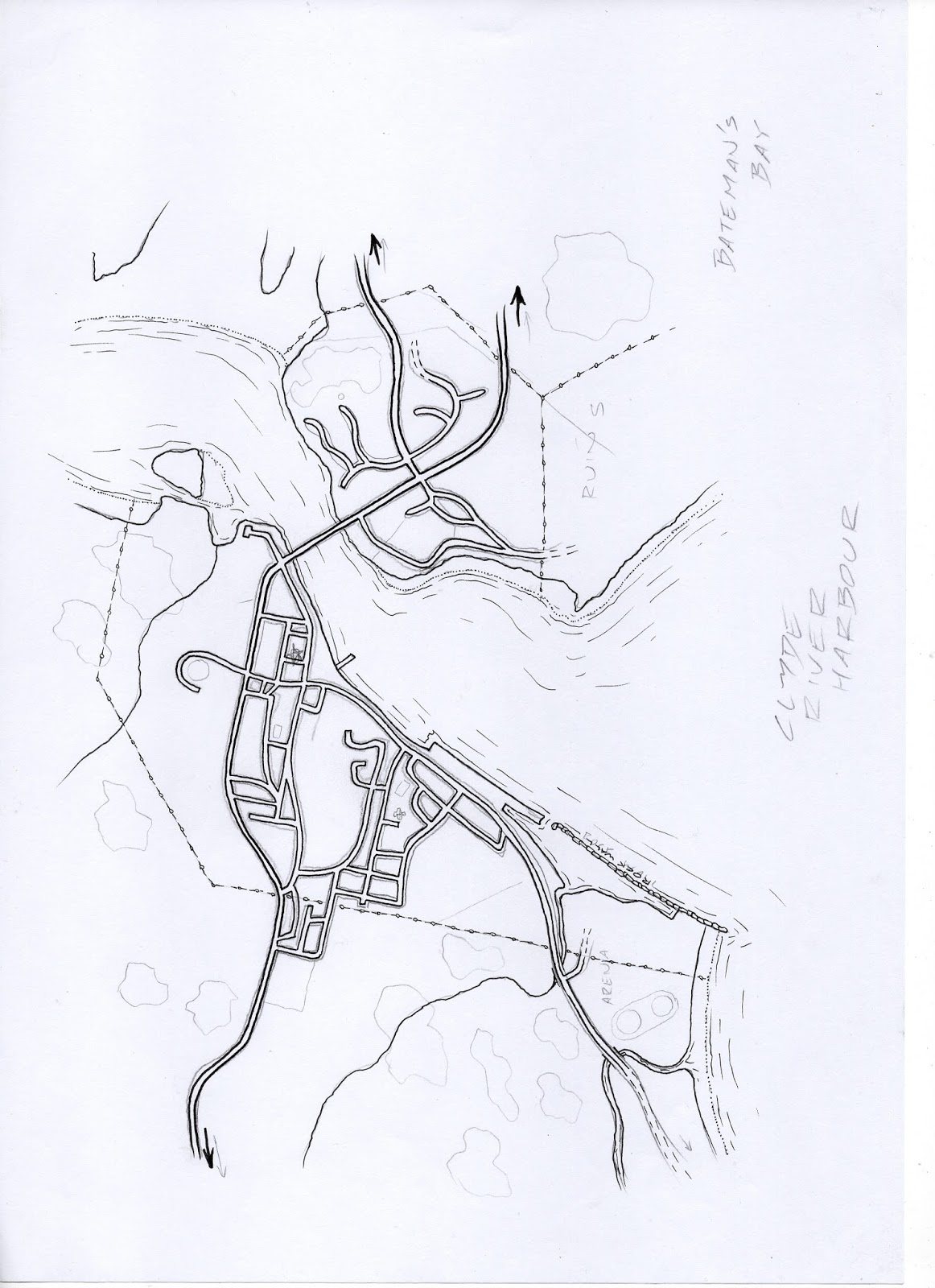What's in a name?
Roleplaying Game? Story Game? Collaborative Narrative System? Whatever you call your product, it's going to say something about the way you view it and the way you intend others to view it. This links in with beliefs, stereotypes and relationships as much as anything else in the product. If you call it a "roleplaying game" it sets the product as fairly conservative. It fits in with the dozens of other products on the shelves, and thousands of games online that also call themselves roleplaying games. People who are familiar with this type of product know what to expect from it. A GM, a bunch of players a system for resolving actions and conflict, a way to set up scenarios. The game may have points of difference with the others (and hopefully it does, because otherwise there is no point in a consumer buying it or wasting their time on it). If you call it a "story game", you start to enter a nebulous territory where different people will believe your game...






